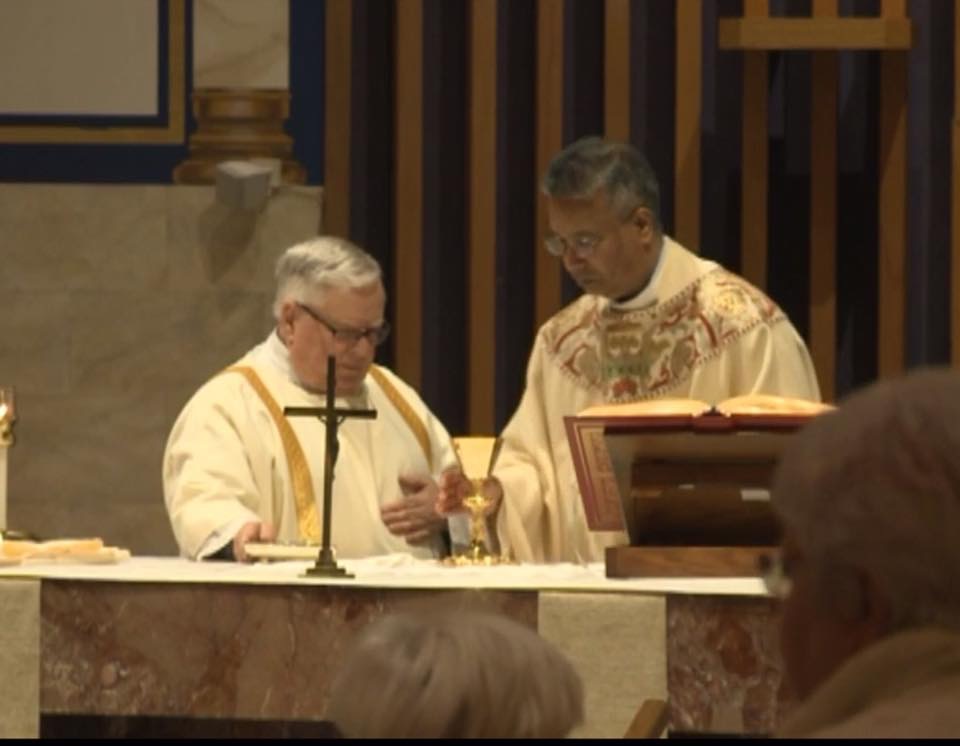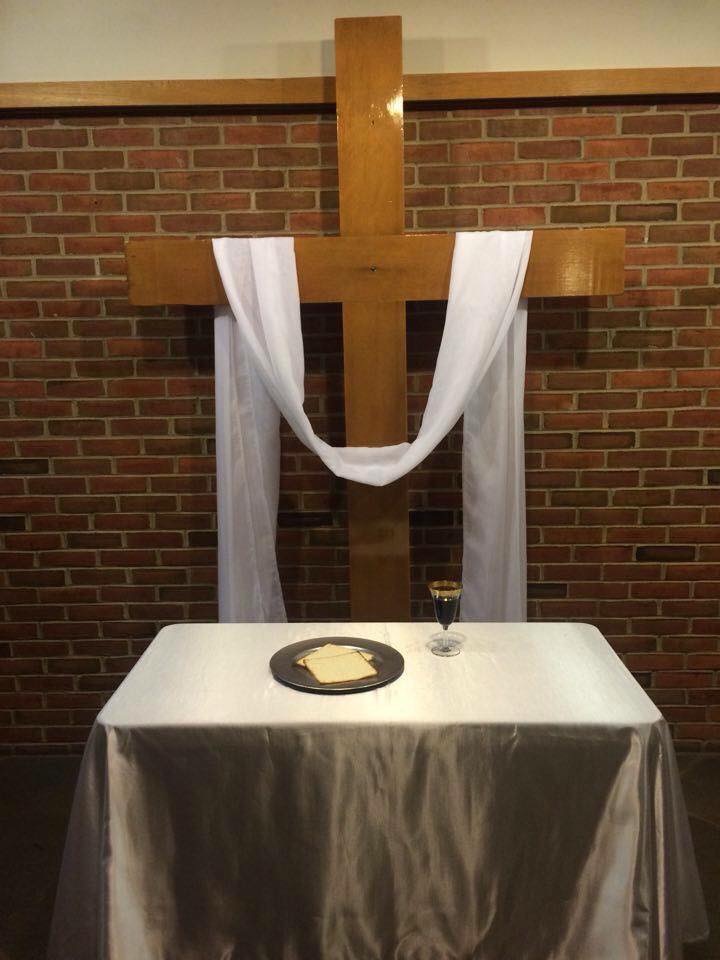The Sacrament of the Holy Eucharist
A two-year sacramental preparation process that begins in the first grade and culminates in the celebration of First Penance and First Holy Communion in the second grade.
If you would like more information, or if you are interested in registering your child for faith formation, please complete the form below.
“Jesus said: ‘I am the living bread that came down from heaven; if anyone eats of this bread, he will live forever;..he who eats my flesh and drinks my blood has eternal life and… abides in me, and I in him.” (John 6: 51, 54, 56.).
Questions and Answers about the Holy Eucharist ..https://www.ewtn.com/catholicism/teachings/qa-on-the-eucharist-178





